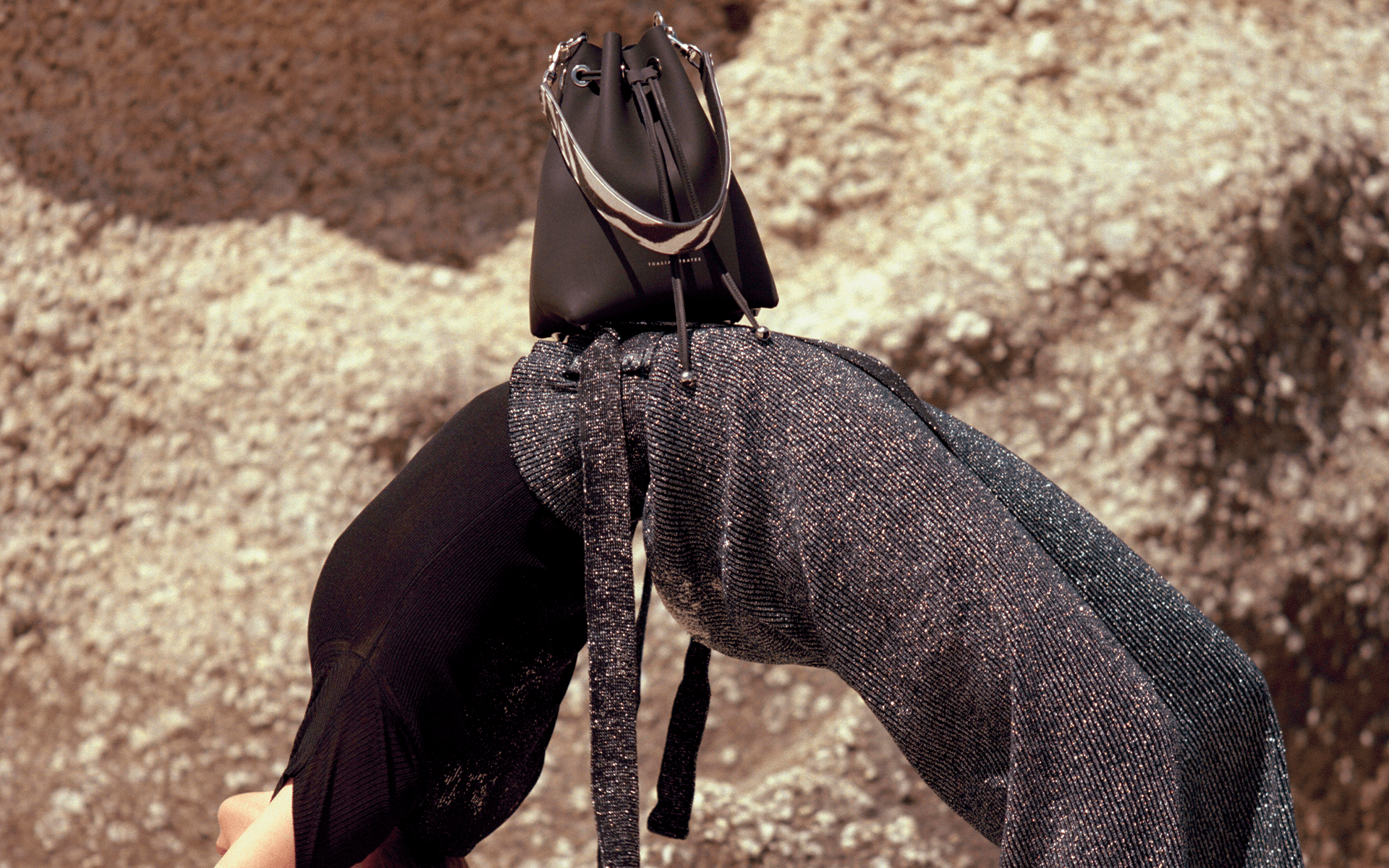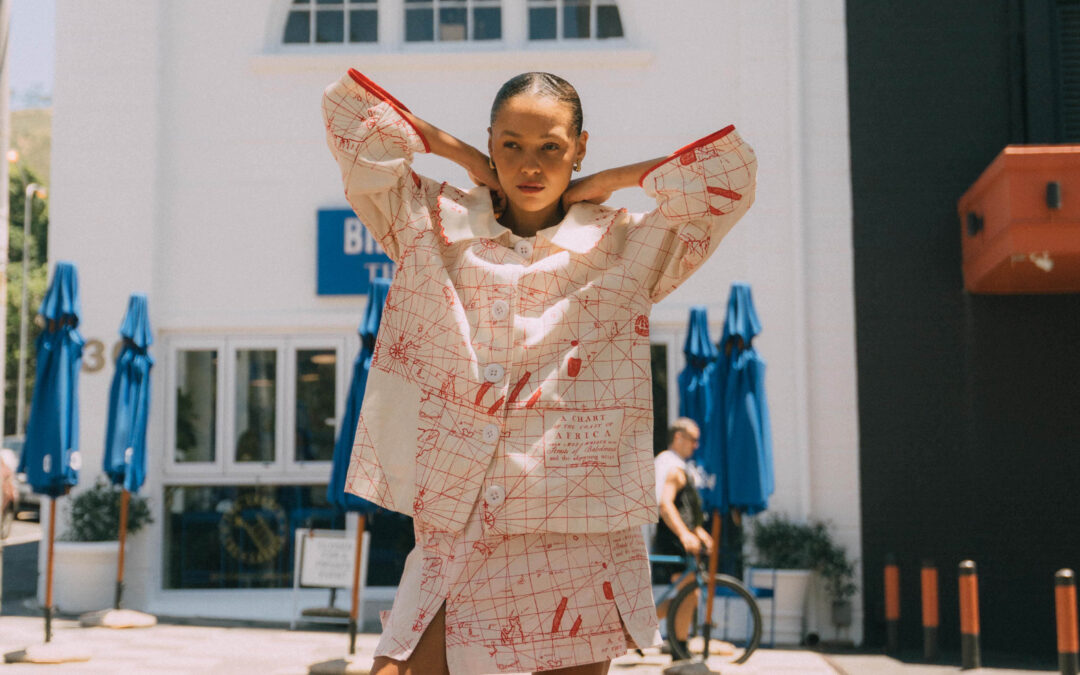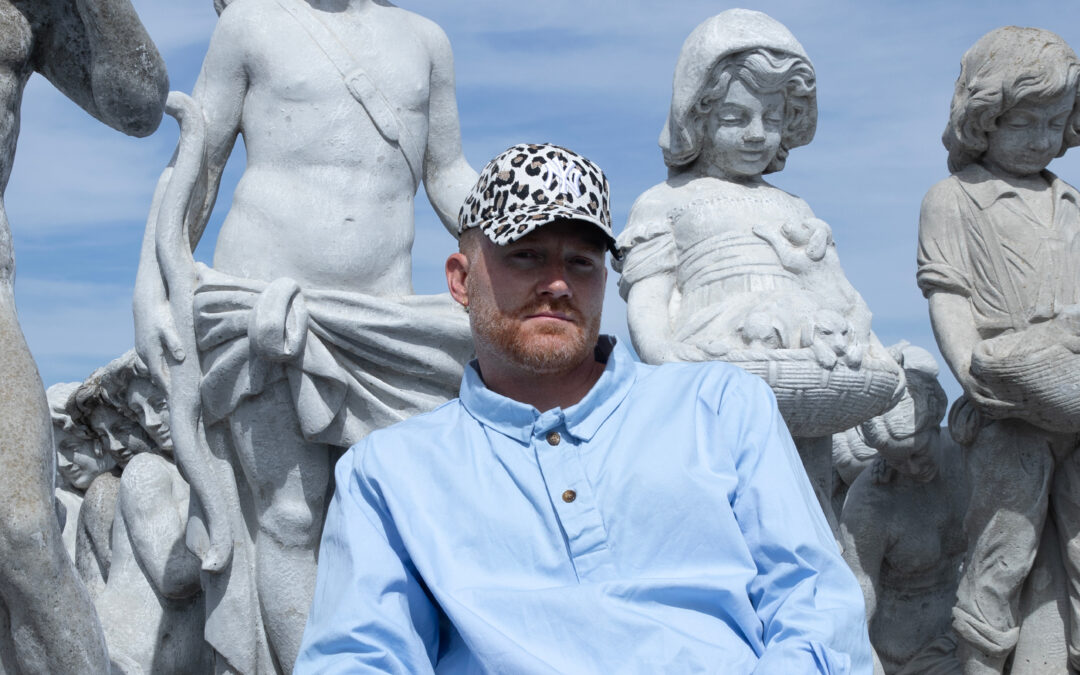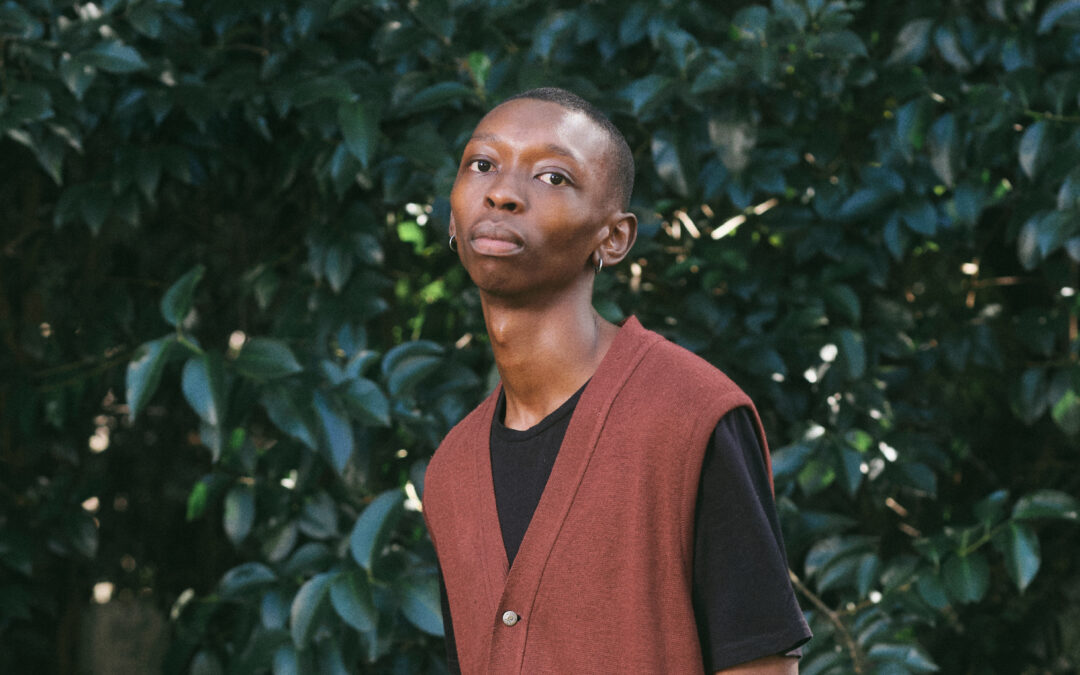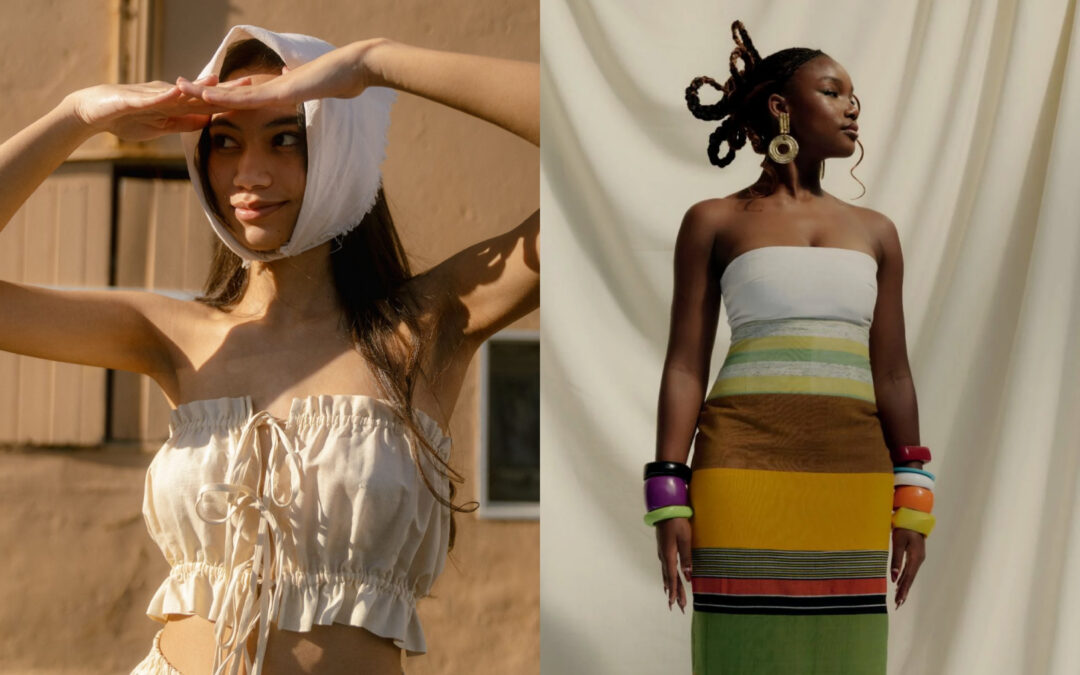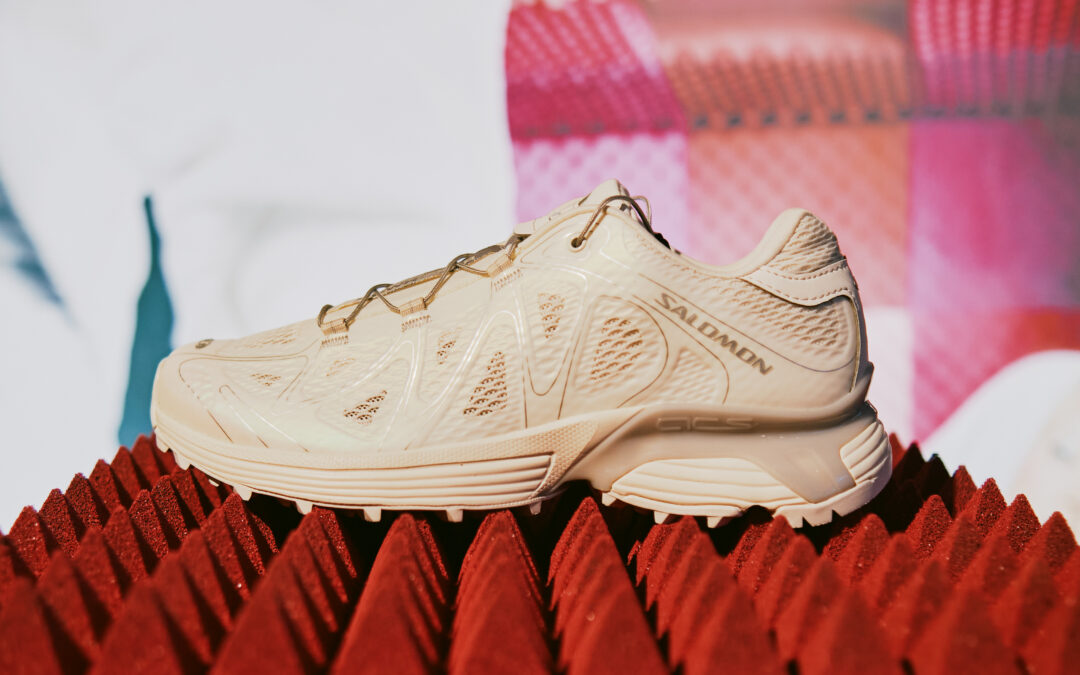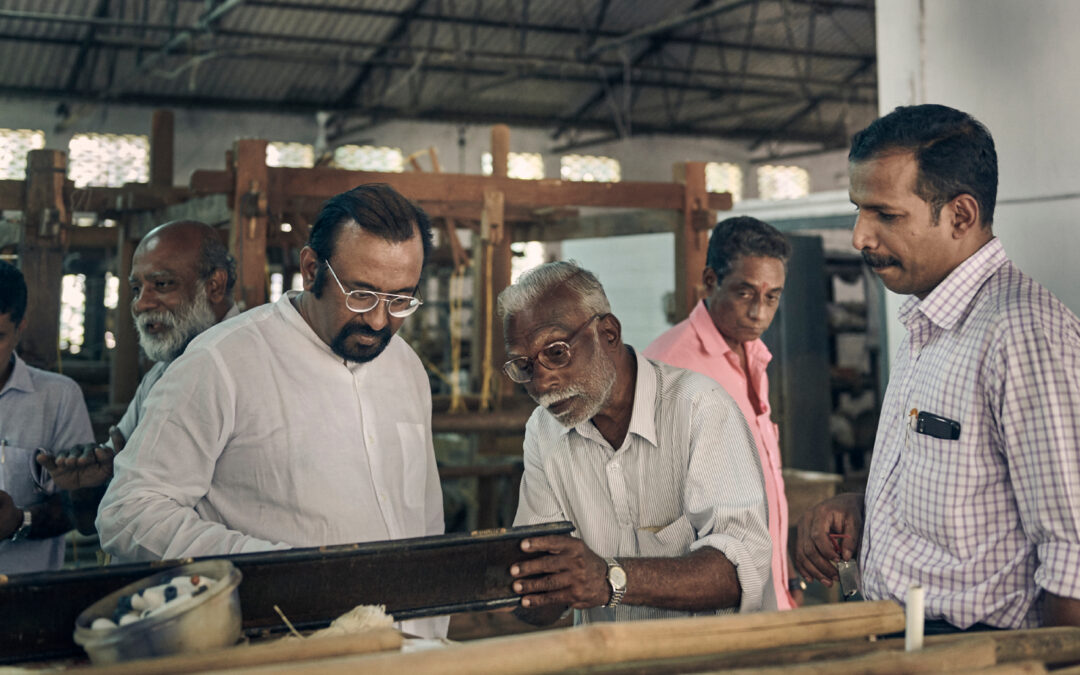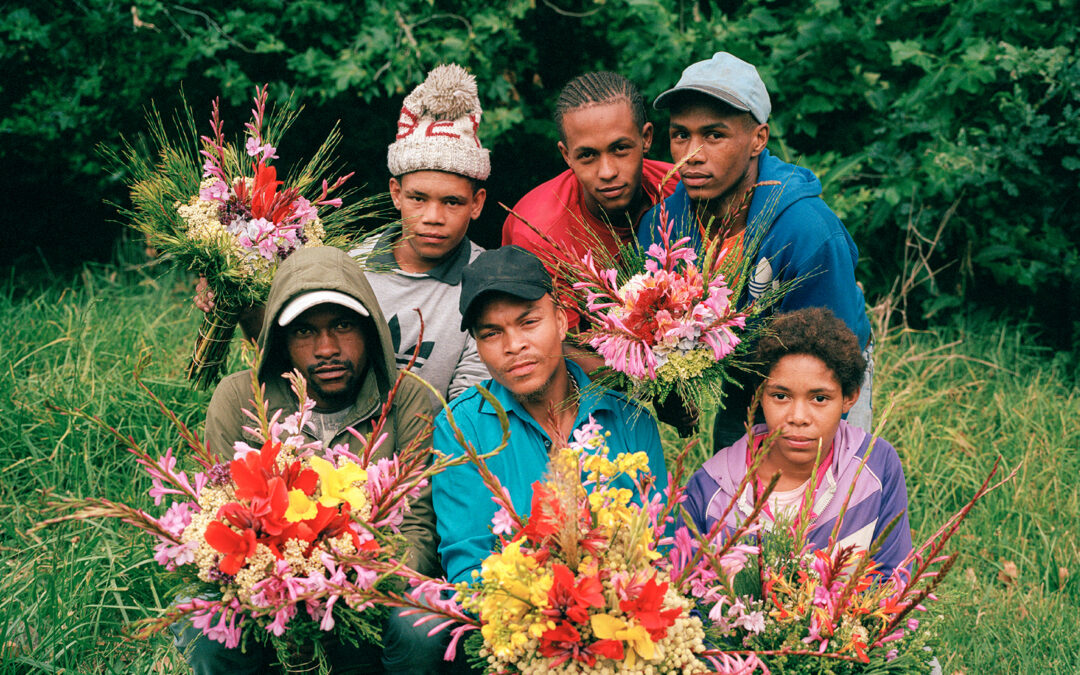Every now and again, Thalia Strates’ IG becomes a portal into which we are invited behind the front-facing veneer of a brand – and beneath, we glimpse into the tender, yet fervent, heart that emanates outwardly one of the most sincere and meaningful offerings in South African design. That heart, is the brand’s namesake and founder, Thalia herself; and the portal I refer to, are the fleeting and unfiltered thoughts written via ‘stories’, against stellar backdrops of nature, places or moments from Thalia’s living experience. I wondered, when writing this piece and leading up to our conversation, why this act of Thalia’s kept coming up as so present in my mind. I think, perhaps, it is because it is always evident that creatives’ work are a labour of their love – this tends to go without saying – but for some reason, this shining vulnerability and rawness of Thalia’s expression, even in its subtlety and interdispersment, showcases to me a kind of ideal that I envision one’s life work should be; that Thalia’s brand is an extension of her love, her curiosity, her commitment – and her life. It is entirely co-occurring with Thalia’s growth as a student fresh out of fashion school, to now as she embarks on her beautiful, demanding and destined experience of motherhood.
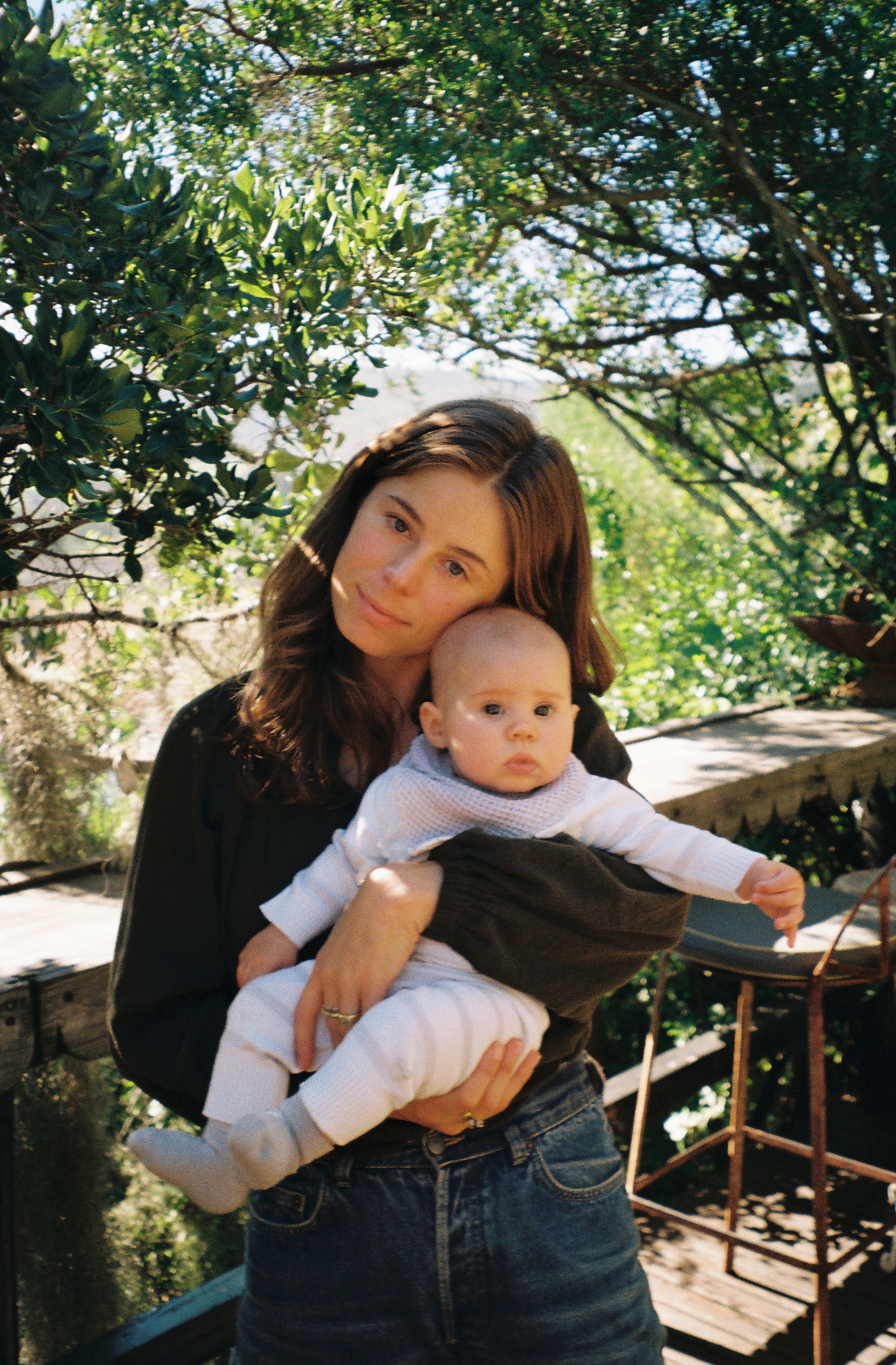

The principles remain for Thalia – her authenticity is her guiding compass, from gathering off-cuts and stitching purses at the very beginning (as she tells me, not being able to find a specific piece she yearned for) to nurturing a business that supports women, and embodies slow-design from living wages to textile sourcing; all the while tempered by timeless design, soft campaigns and reliable collections that are only ever updated by inspiration, not by consumptive crazes or demands. This is why, after nearly 9 years, Thalia Strates (as a brand) remains a cohesive and invaluable jewel in the growing crown of South African contemporary fashion. TS is your favourite’s favourite handbag brand, and Thalia herself a gem and protectress of craft – community – and consideration.
“I studied at FEDISA straight after matric, knowing I wanted to be in fashion – but not really sure how. The brand was born from wanting things that nobody else had; so if there were trends, I would go in the opposite direction and with bags – I wanted something simple, and understated, but still very beautiful and thoughtful. I went to Woodheads and got a whole bunch of leather off-cuts, and sewed them all up on my domestic machine into little clutch bags. I’d wear them out, and I got a great response from people – and then I started to get a few queries, people wanting to buy one. I thought, okay, I can make one or two extra here and there…and it was actually my dad who pointed out at the time that he thought it was a good business model – I could make a sample, and then everything after that would be made-to-order. I think this has become synonymous with luxury or sustainability now, but then it just really seemed to work because I couldn’t afford to over-capitalise or sit on stock, nor had I even really envisioned a fully-fledged business.” Thalia, tells me that she is not very patient – rather, her strength is in seeing a visually compelling outcome, and then seeking out the most efficient roadmap to get there. This effectiveness has been Thalia’s boon in building TS as a space reflective of her personal integrity as a designer and entrepreneur. Once Thalia found a woman to work with her on production, TS began to take flight – on this, Thalia reflects, “My leather experience at that point was all self-taught, as we didn’t get any leather exposure at FEDISA. This was interesting, because I approached leather from the perspective of my seamstress training – so really winging it – but I knew the type of quality and finish that I wanted, and kept pushing up until that point. The customers I acquired in the very beginning are still customers today, and I think that’s one of the big reasons the business has lasted through all the ups and downs – all the return customers form the backbone of our continued health as a brand. That’s quite remarkable in a world where there is so much, of so much, to covet or to choose from.”
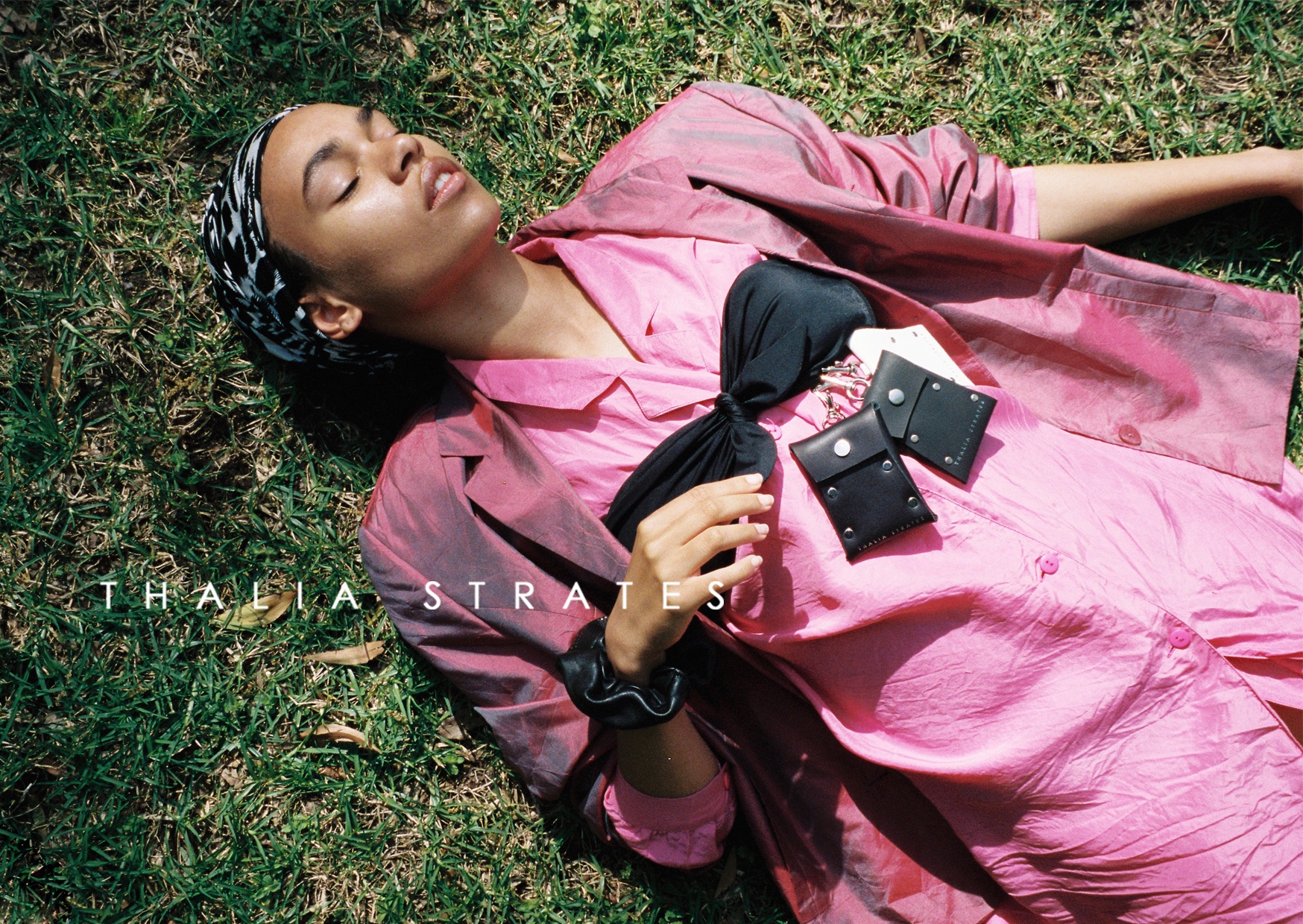
Thalia’s reflection on the beginning of the brand is telling of perseverance – it wasn’t a major acceleration, she recounts, nor an overnight success – in fact, there were many days of doubt – alongside trial and error. Though, amongst this, Thalia was growing her roots, and establishing the foundation and grounding that she required to bring forth TS as an expression of her creative anima – and having it function in a way that would Thalia to realise perhaps her greatest purpose; motherhood. On this, she says “The most important thing for me was to become a mom one day. I wanted to be able to have a business that I could run from home – dip in and when I need to – but prioritise my family. I fell pregnant right at the beginning of lockdown, and now I’ve been able to be a mom, to embody that experience that I’ve longed for, for so long. It’s everything and more – to have created and now nurture my daughter – but it has been overwhelming, too. My mental capacity took a dip, where even an email could create a sense of anxiety and debilitation. Motherhood is caring for oneself, and another – and I take care of a business too – so I felt very stretched thin at first, and it’s taken some time to feel creative and inspired and not just keep the business moving forward.” This is perhaps one of the most telling aspects of being a woman who wants to have children in the 21st century; the demands are deliriously challenging, with the age-old trope of women “having to do it all” – this earnestness from Thalia speaks again to her indelible authenticity; and a reminder that bringing life into the world is no small feat, nor something that should be treated as inconsequential to one’s own experience as a human being.
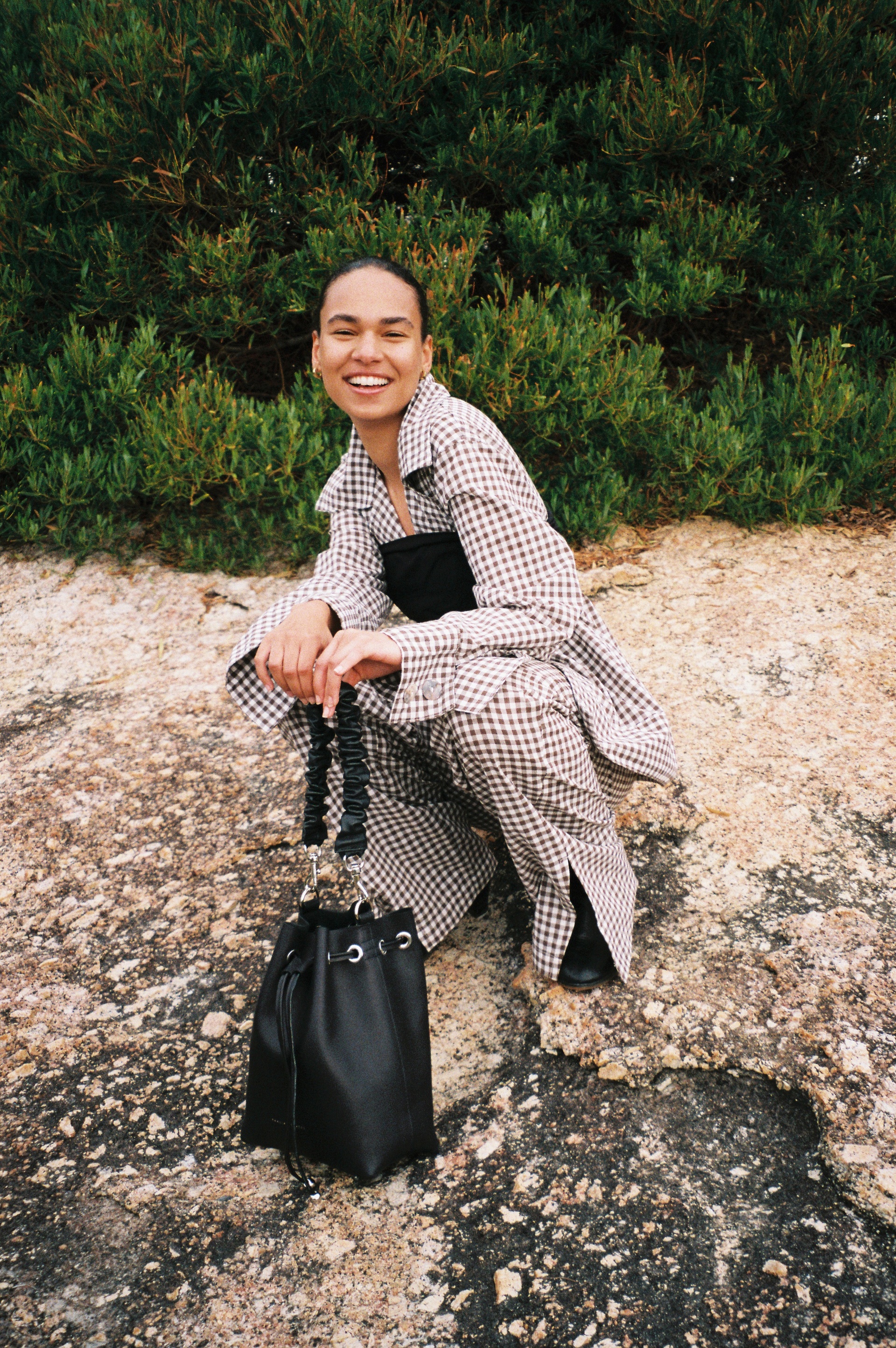
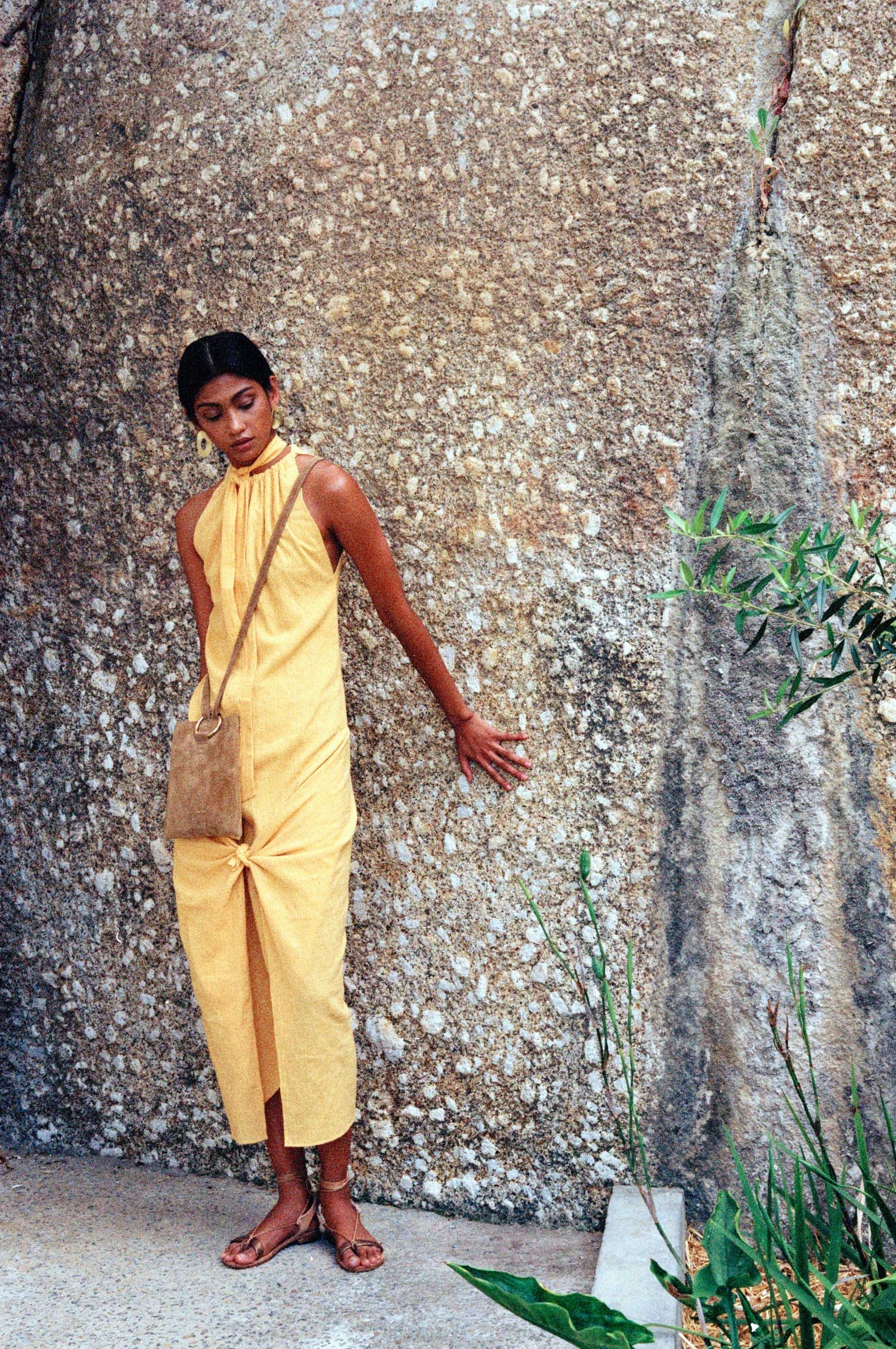
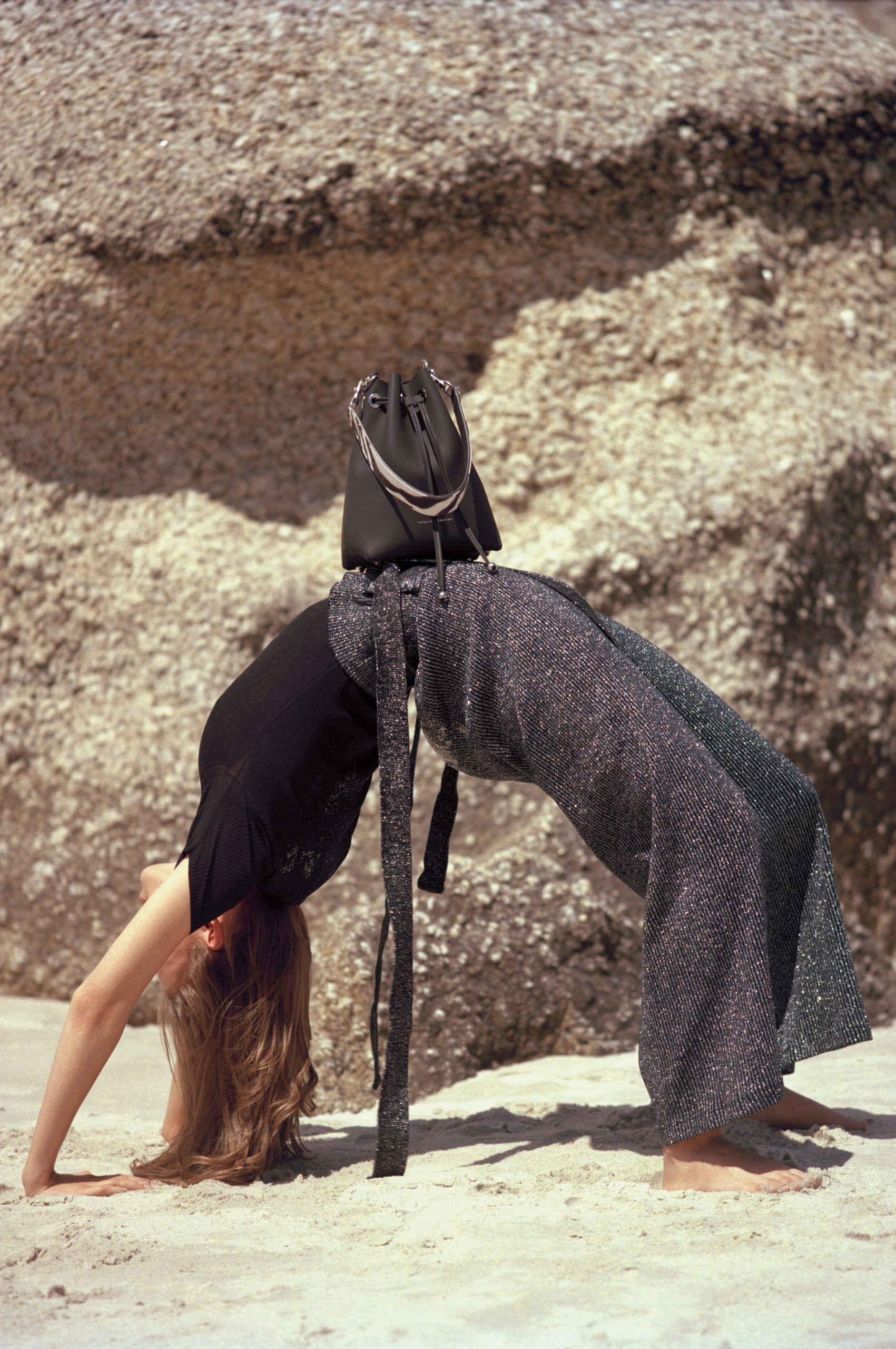
The brand itself has contributed to defining contemporary South African luxury is; especially in the realm of materiality.“Trying to source materials at the beginning was really hard. I think I came in at the end of an era, in a way where a lot of factories and suppliers were closing down and the variety was very limited. Most of what I could access was upholstery leather. The leather I chose was for the interior and shell of the bag; I wanted leather to be the central material, because it is so incredibly durable and beautiful. I wanted structure – and for the bag to gradually soften with time. I started using shoe leather, which took a very fine dance to source from places that had their last roll left. I still work with the same suppliers today – and in the beginning I was 23, 24 and perhaps it seemed like a side-project or hobby, but they saw the business grow and how serious I was. I looked at importing, but it went against the whole idea of sourcing locally; of celebrating our materials here in South Africa.” Leather exists as an industry, and while there are fabric innovations occurring – like cacti and pineapples – for Thalia, leather is intrinsic to South Africa across many cultures. It is a way to honour the whole animal; to bring about a talisman or heirloom for its life. Thalia’s wisdom and frankness on this; “I really had to use unorthodox leathers. I would bring my team this very thick leather, and we had to learn to stitch and manipulate it – and it got me to experiment with what has become signatures for the label, like springbok and shearling. It’s as relevant as ever. It’s totally raw and rough, which is my best. It’s sincere – and sustainable, too. Springbok particularly; it is being used for its horns, skin and meat. Natural culling, done humanely, is a part of the process. Our commercial farming industries, globally, are very inhumane – it is revolting – however I am a meat eater, it’s in my heritage and my body thrives on it. We make such a small amount of bags, it’s a drop in the ocean – but it’s a respectfully done collaboration with local game farmers with their own connection to the earth. I’m also not too convinced by vegan leathers that are so synthetic.”
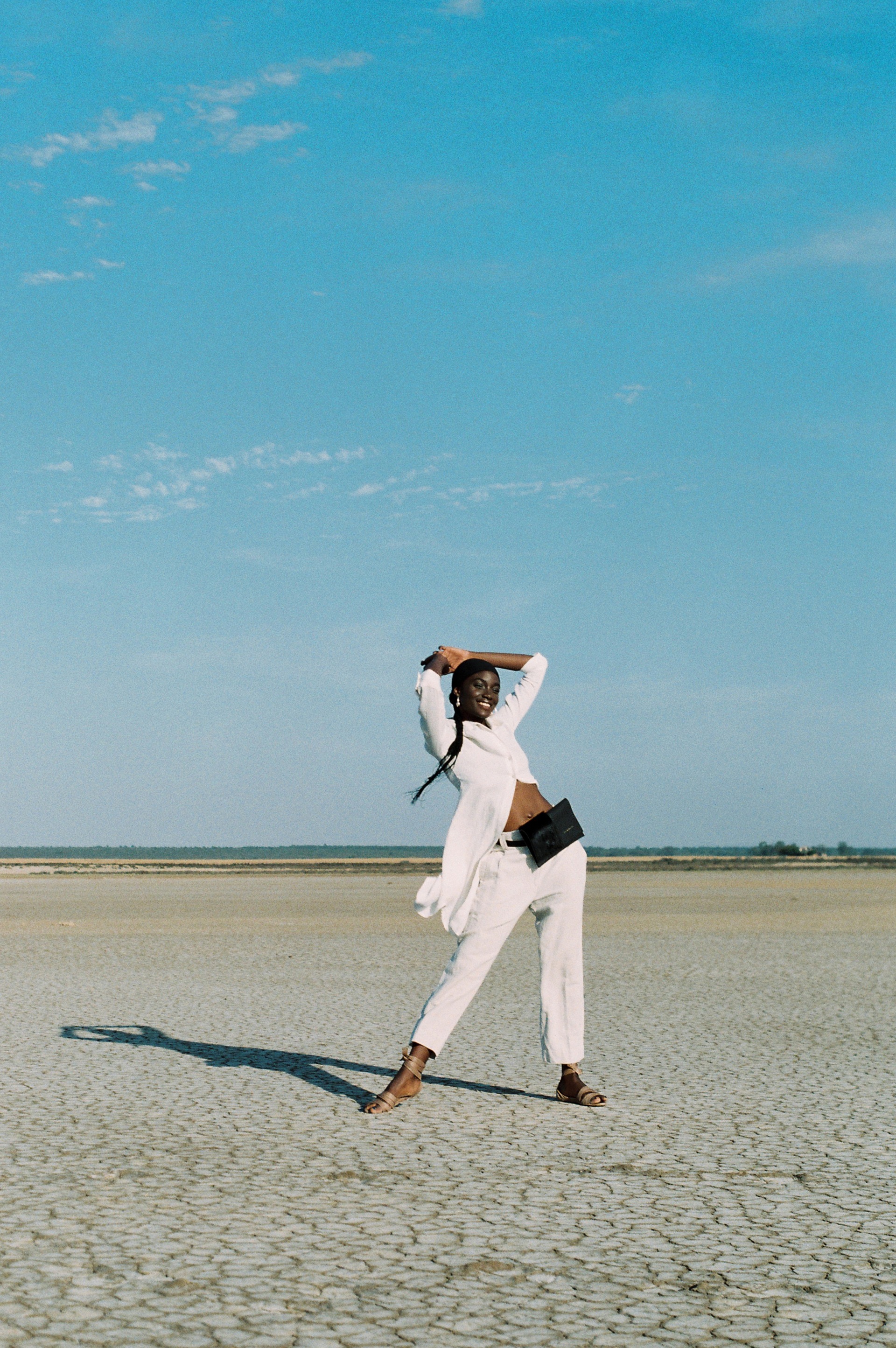

For Thalia, the label is about connection. It’s a way to connect with likeminded people – with notable collaborations being Rich Mnisi, Pichulik and Matter of Fakt – but also to connect with her customers, many of whom are loyal supporters that have become friends. Thalia still makes many of the deliveries in Cape Town herself. “I find it interesting that with time, I’ve realised how important the brand has been in creating a space for me to show up to relationships and creative people with a bit of myself already to convey. You know what I’m about from what we do, so I can feel safe in learning and creating through relationships. Those stories I post – sort of, deep downloads – are able to go onto the brand’s social media because the brand is not separate from who I am in any way. I get responses that trigger conversations – and I know there are others that think like me – or there are responses that teach me, or challenge me to redirect my attention. Approachability is something I treasure in my own life, so I hope the brand relays that sense too. I have questions, and I want to learn from other people.” I could spend ages to talking to Thalia, and I found myself telling her my own sense that sometimes, I wonder if my experience as a writer and interviewer is precisely that; a yearning to get to the heart of the matter with the creatively brilliant that people I admire in South Africa – and beyond.. Refreshing and re-invigorating; Thalia Strates has much to say through her mindful practice of design and living on this earth, and I’m here to hear it.

